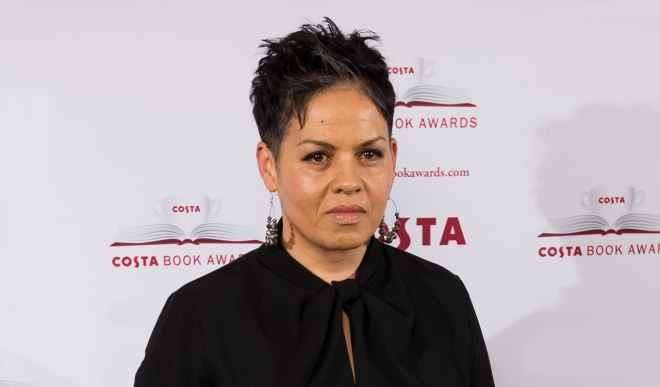Late starters surge ahead on Desmond Elliott debut fiction prize shortlist
Two of the three authors still in contention for the prestigious first novel award – Francis Spufford and Kit de Waal – are in their 50s. The 2017 Desmond Elliott prize for debut fiction has taken on an air of experience, with two of the three shortlisted authors in their 50s. Fifty-six-year-old Kit de Waal […]


Two of the three authors still in contention for the prestigious first novel award – Francis Spufford and Kit de Waal – are in their 50s.
The 2017 Desmond Elliott prize for debut fiction has taken on an air of experience, with two of the three shortlisted authors in their 50s.
Fifty-six-year-old Kit de Waal joins 53-year-old Francis Spufford on a shortlist for the £10,000 award completed by Rowan Hisayo Buchanan – a relative spring chicken at 27.
De Waal said that her debut novel, Leon, was proof that age is not a barrier to literary success. After a career in criminal and family law, she published her first piece of fiction when she was 53. “I was 55 when I was signed to Penguin [for this book],” she said. “If I can do it, anyone can.” Birmingham-born De Waal added that she was a “cocky cat” when she was 25. “If I had started writing this book any earlier in my life it would have been utter bollocks.”
The prize’s literary director, Emma Manderson hailed Leon as a “tiny story” that “packs a tremendous punch”. Set in 1981, it tells the story of a young boy caught up in gang culture and the care system. “I would not have had the compassion or understanding of the many shades of grey that there are in life when I was 25,” the author said. “I wouldn’t have had the distance that you need to write about vulnerable young people.”
Spufford, who has enjoyed a distinguished career as a memoirist and historian, agreed, arguing that the solid grounding in the ways of the world provided by experience is an advantage to the writer of fiction.
“I wouldn’t have trusted my 25-year-old self [to write] on human relations,” he said.
For older novelists, Spufford continued, fiction also provides “an escape from the confines of age” as well as gender, class, race and sexuality. His novel, Golden Hill, is a romp through 18th-century New York in the manner of Henry Fielding, told from the point of view of a young traveller who arrives in the nascent city with a bill for thousands of pounds, inviting the suspicion of the settlers he meets. “In Golden Hill I got to escape the limits of my own character,” Spufford said.
Spufford and De Waal are joined on the list by Buchanan’s Harmless Like You, a disturbing story that moves between the 60s and the present, exploring questions of belonging and parenthood. Manderson described the novel as “a narrative framed by a grownup son’s pilgrimage to his mother (emphatically not a shrine to maternity) which loops around the decades and across continents to form a perfect arc of revelation and reconciliation”.
Buchanan said that she found out about the shortlisting as she walked down the street in New York. “I had to stop and hug myself,” she said.
The prize, won last year by Lisa McInerney for The Glorious Heresies, will be presented in London on 21 June.
Stories from TheGuardian.com
